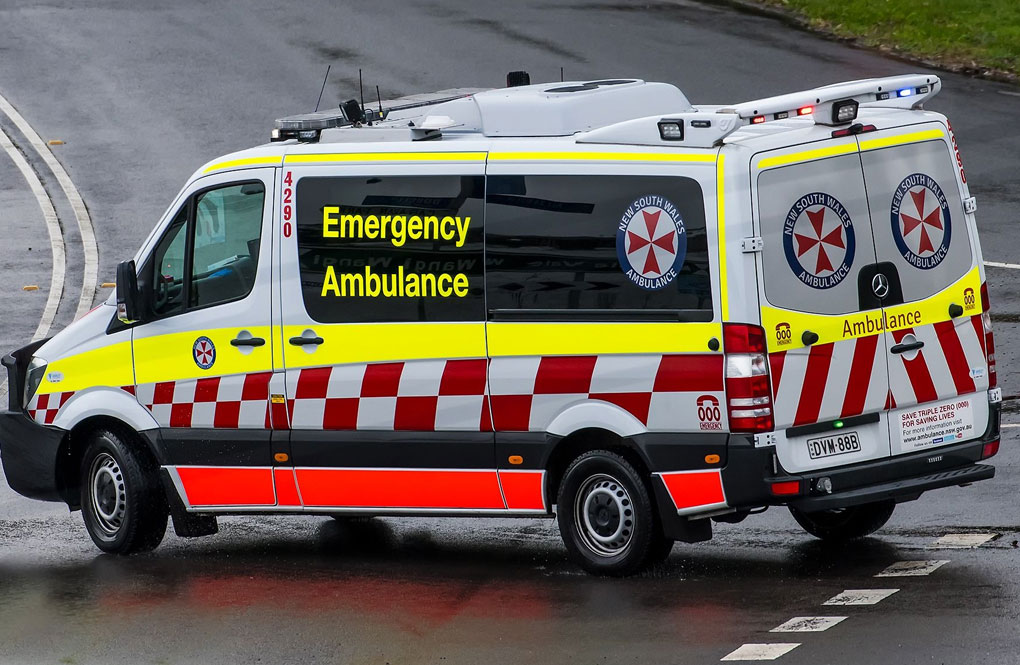While Australians may pride themselves on their she’ll-be-right attitude to life, that approach could also worryingly be applied to potentially life-threatening medical emergencies.
A new study has identified several possibly serious scenarios that many people would not deem worthy of a triple-zero call or a trip to an emergency department.
Most respondents in the Edith Cowan University research said they would seek urgent medical assistance if confronted with symptoms such as severe chest pains or a bite from an unidentified snake.
But Australians would often take no immediate action when faced with more innocuous-seeming symptoms that researchers said could still constitute a medical emergency.
More than two-thirds of the more than 5000 people surveyed said they wouldn’t seek emergency medical help if a toddler suffered a head bump after falling off the couch, resulting in a golf-ball sized lump known as a haematoma.
While most children with a scalp haematoma would not have a clinically significant head injury, their presence also increased the likelihood of an internal injury, the study said.
Similarly, 57 per cent wouldn’t call triple zero or visit an emergency department if a four-year-old woke up with a high temperature, sore neck and a bad headache that couldn’t be relieved with paracetamol – identified by researchers as a potential case of meningococcal disease.
Two-fifths said they wouldn’t seek emergency help if a boy was stung by a jellyfish and experienced welts while swimming in north Queensland, described in the study as a possible box jellyfish sting. A 17-year-old boy died following a box jellyfish sting in 2021.
Senior researcher Brennen Mills, the lead author of the paper, published in the journal Australasian Emergency Care, said most people were able to correctly identify symptoms associated with a number of medical emergencies, but there were some conditions for which the recognition of a potential emergency was poor.
And becoming a parent doesn’t necessarily make people any better at identifying potential emergency situations among children.
“A surprising finding was that parents of dependent children were no better at recognising emergency care is needed for head haematomas or potential meningococcal infection, compared to those without children,” Dr Mills said.
The study builds on earlier research from the same university, which found people were more likely to respond inappropriately by not calling triple zero in scenarios where they needed ambulance assistance than by wrongly asking for emergency help when it wasn’t warranted.
Recognising which symptoms fly under the radar with different demographics would help in the creation of targeted education campaigns, the new study said.
State and territory ambulance services routinely recommend calling triple zero in situations such as breathing problems, uncontrollable bleeding and broken bones. However, many exclude the majority of scenarios described as emergencies by the Edith Cowan Researchers.
For example, it’s not just severe chest pains that need urgent attention; even mild but unexplained chest pains should be treated as an emergency.
Dr Mills said there was a serious issue nationwide with overcrowded emergency departments and stretched ambulance services, which meant maximising the use of emergency resources was critical.
“However, we want to make sure people are not afraid to attend an (emergency department) or call for an ambulance when the situation is warranted,” he said.
(AAP)













